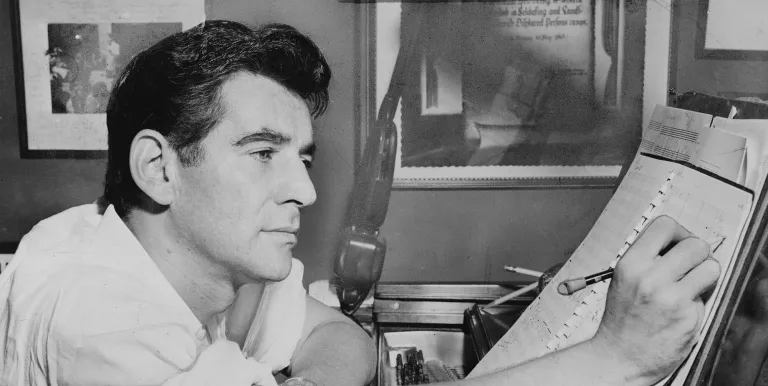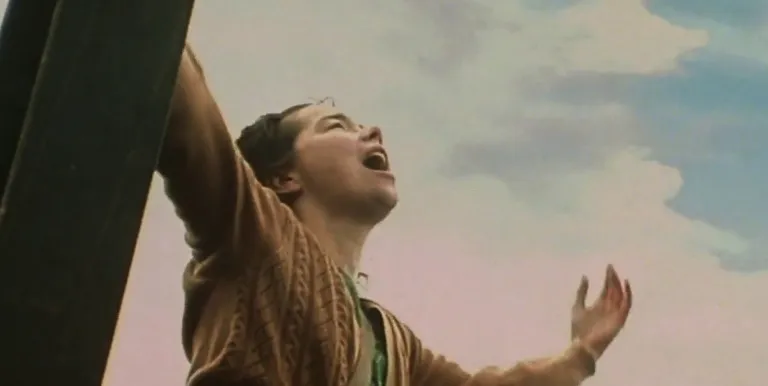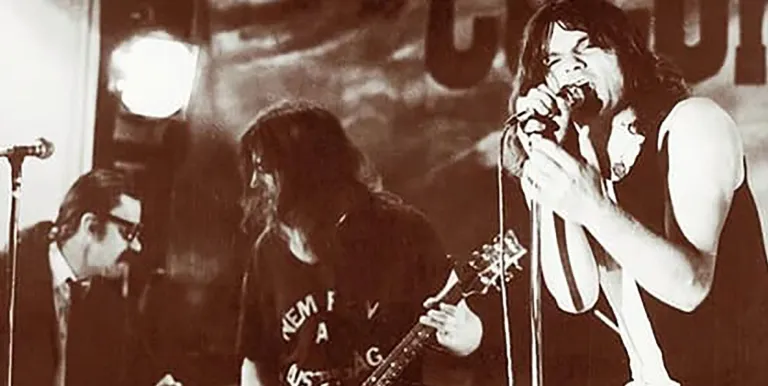As one of the most celebrated and prolific conductors of the 20th century, Leonard Bernstein performed with the most renowned orchestras, produced a vast number of recordings and authored works that remain popular to this day. As a professional musician, Bernstein was among the best. But he also possessed another unique skill: he was able to tune in to the wavelength of the layman, and, thanks to his exceptional talent for communication, he was able to speak to them as well. Not only was he therefore a performing and creative artist, he was also simultaneously the audience, and it was as a result of this blend of unique gifts that he was able to introduce his listeners to the mysteries of musical pieces. He would impart his knowledge in a manner that was easy to understand yet was also thoroughly professional, and would often do so standing by the piano. In 1972, as a visiting professor at Harvard University, his alma mater, he was asked to deliver a series of six talks as part of the Charles Eliot Norton Lectures. In what today would be described as an interdisciplinary approach, he placed language and music side-by-side, examining the hypothesis that various eras and styles actually draw on the same musical ingredients, and that the structures and organisational approaches of various compositions all rest on similar foundations. Noam Chomsky's theory of generative grammar - and specifically universal grammar - was new at the time, and served as Bernstein's point of departure. Under the title The Unanswered Question (alluding to the orchestral piece by Charles Ives), the exhibition to accompany the Bernstein Marathon, organized jointly by Müpa Budapest and the Budapest Festival Orchestra, showcases this legendary lecture series.
Presented by: Müpa Budapest, Budapest Festival Orchestra
-
We wish to inform you that in the event that Müpa Budapest's underground garage and outdoor car park are operating at full capacity, it is advisable to plan for increased waiting times when you arrive. In order to avoid this, we recommend that you depart for our events in time, so that you you can find the ideal parking spot quickly and smoothly and arrive for our performance in comfort. The Müpa Budapest underground garage gates will be operated by an automatic number plate recognition system. Parking is free of charge for visitors with tickets to any of our paid performances on that given day. The detailed parking policy of Müpa Budapest is available here.








